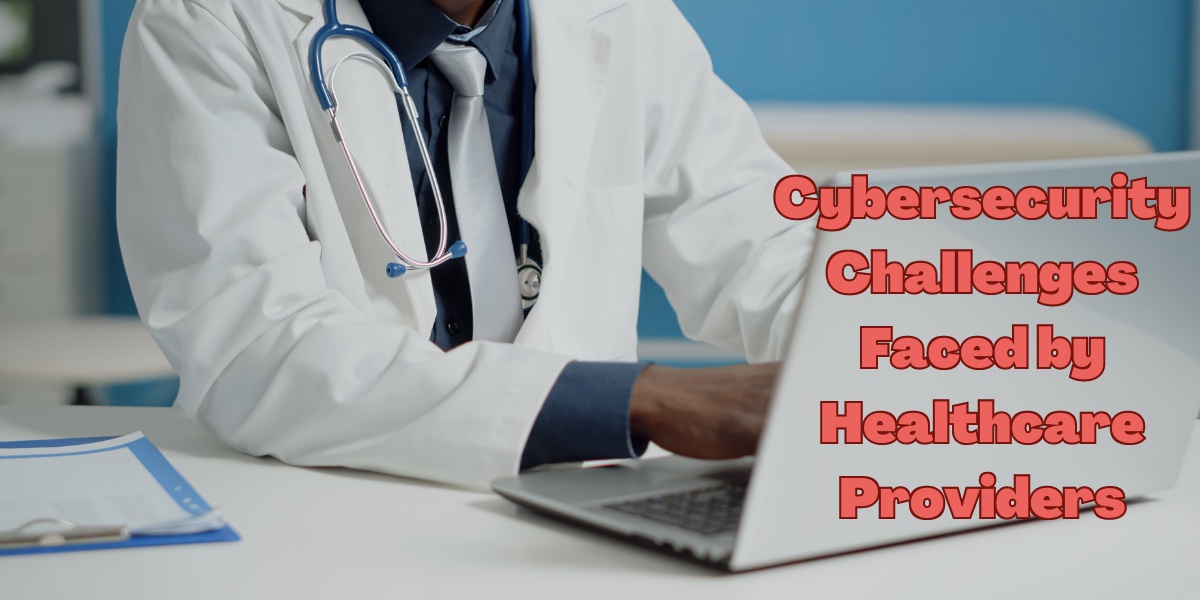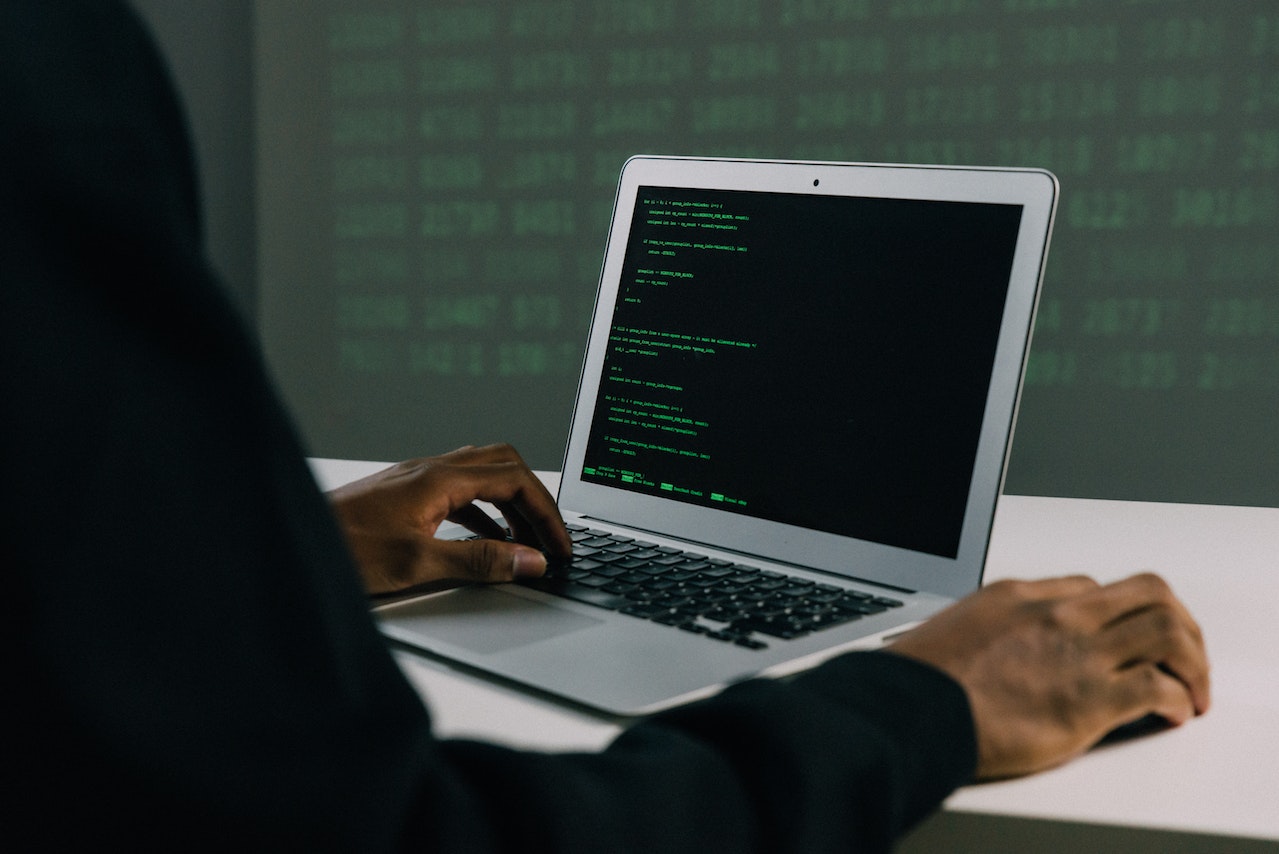
The rate of technological development in the health sector has greatly accelerated. As a result of the internet expansion, there is an increased risk of cybersecurity. Following the increase, cybercriminals have modified their tactics for the attacks.
The attacks on health care include altering patients' test results, postponing operations and treatments, and other potentially fatal outcomes.
Protecting sensitive data, essential IT systems, and services used by healthcare businesses depend on robust (operational technology) OT security solutions. Attacks against healthcare organizations put the safety and health of patients at risk since it is difficult to recognize and stop cybercriminals.
Why is Cybersecurity Critical?
The risks involved with medical data and equipment are at an all-time high. For instance, no one can simply cancel and issue new patient records once there is an attack, unlike a cyberattack on credit card information or login passwords. Some hospitals have been put out of business as a result of stolen medical records, which led to patient blackmail attempts.
A cyber crisis may swiftly become a real-world health emergency if it targets medical technologies and the IT infrastructure supporting physicians and nurses. As a result, a need for industrial cybersecurity in the health sector is essential.
It protects against some of the most significant threats to cybersecurity, such as theft and wiping off various sorts of data. This includes sensitive information, personally identifiable information (PII), protected health information (PHI), personal data, information on intellectual property, and computer networks utilized by the government and industry.
7 Cybersecurity Challenges Faced by Healthcare Providers
If providers don't take the proper network security precautions, cyber threats in the healthcare sector will keep disrupting operations. The majority of cybercrime targets are in the healthcare industry.
Small healthcare providers are more susceptible to hackers than major healthcare providers, who have the means to create strong cyber defensive strategies. Some of the most significant cybersecurity difficulties the healthcare industry faces include the following:
1. Phishing
Users are tricked into divulging passwords or other personal information through phishing attacks, which attackers can then use against them. Phishing attacks are conducted using specific communications, such as email, messaging, and other channels.
Attackers encourage people to click on links to malicious websites by sending emails or messages that contain those links. The user may unwittingly download malware when they click the link, giving the attacker access to private information.
2. Breaches In Data
Data breaches are highly prevalent in the healthcare sector, and it is estimated that they cost the sector millions of dollars globally. Given that data breaches are one of the major issues this business is now dealing with, encryption must be a top priority to prevent patient data leakage.
Health Insurance Portability Accountability Act or HIPAA establishes guidelines for data security and mandates that doctors protect sensitive patient data that is electronically stored. Most often, data breaches happen to healthcare providers that don't follow the rules. Healthcare software vendors must also adhere to HIPAA regulations.
3. Ransomware
A network gets infected with malware during a ransomware attack, which encrypts sensitive data until a ransom is paid. A phishing attempt is used to introduce this malicious software into a machine.
During an attack, healthcare victims of ransomware attacks become terrified of the legal repercussions that might result from the loss of patient data. This is because of the attack prevalence caused by hackers' awareness of how important it is for the healthcare industry to limit operational disruption.
Healthcare IT weaknesses that are frequently exploited, which are evident by ransomware attacks, should be handled with the right OT security solutions. This will help to counter the severe security threat posed by ransomware.
4. Internal Sabotage

Internal threats are precisely why zero-trust access techniques and data encryption are essential for protecting sensitive patient data and data. Though disconcerting, not all cybersecurity issues may be linked to employee inefficiencies.
Because cybersecurity in the healthcare sector is receiving so much attention and funding, unhappy workers may intentionally reveal patient information out of spite or profit from the black-market demand for protected health information (PHI).
Employees with hostile intent have the key to exposing your company to several risks since they may be aware of network configuration, vulnerabilities, and access codes. ICS protective services should be adequately engaged to help close up this loss ends.
5. Distributed-Denial-of-Service (DDoS) Threats
DDoS attacks aim to overwhelm a company's network with fake connection requests to take it offline. These threats are typically carried out with a botnet through malware infection to overcome a network by delivering copious volumes of data from millions of compromised devices.
DDoS attacks are particularly disruptive to their connectivity; healthcare practitioners depend on network connectivity to deliver adequate patient care, send and receive emails, fill prescriptions, access records, and retrieve information.
6. Unprotected Medical Devices
Cybercriminals may use medical device and equipment vulnerabilities to seize total control and initiate cyberattacks. Such attacks may modify how clinically useful a piece of equipment performs, affect the outcomes of tests, or bring about other potentially disastrous modifications.
The majority of hospitals treat patients using networked medical equipment. Cybercriminals exploit weaknesses and launch significant cyberattacks on hospitals since most do not see the value of providing safe access to their linked equipment.
7. Unawareness
Healthcare firms must educate staff members about cybersecurity dangers and help them comprehend them. Employees will be better able to identify trustworthy and counterfeit websites with increased awareness.
Organizations should ensure operational technology security solutions to keep a security check on organizational processes. Advanced password rules must be followed by healthcare businesses to prevent staff members from using passwords that are simple to guess. They can be cautious when downloading attachments as well.
Conclusion
The rise in cyberattacks on healthcare companies has made increasing awareness of new threats essential. This will help prepare for hazards and efficiently handle them.
Protecting sensitive patient information, equipment, and connections requires action on the part of the healthcare sector. They must create policies, and provide OT security solutions and ICS protective services to ensure no weak end for a cyberattack.
Frequently Asked Questions FAQs
Cybersecurity safeguards against cyber threats to internet-connected systems, including data, software, and hardware.
- Which cybersecurity problems in healthcare are most prevalent?
Due to the prevalence of sensitive patient data that might be lucrative to hackers, healthcare businesses are particularly susceptible to malware and ransomware threats.
- What element of cybersecurity in the healthcare industry is the most crucial?
Security awareness training is a regular need in the healthcare sector to guarantee that workers are knowledgeable about the threats and what to do in the event of actual security problems.
- Why is healthcare the most often attacked sector online?
- It's challenging to maintain security given the vast number of gadgets used in hospitals.
- Healthcare information must be accessible to everybody.
- The healthcare business is vulnerable to attacks because of outdated technologies.
- How can you help control cyberattacks?
You can use ICS protective services; with their security practitioners, they can check and tighten your security loss end.
Interesting Related Article: "Cybersecurity Experts Weigh-In on Preventing & Surviving Ransomware Attacks"
No comments:
Post a Comment